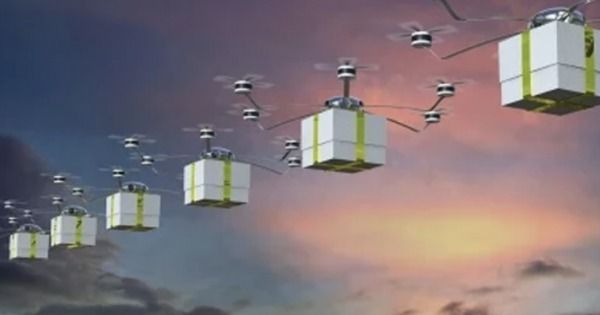Drones have, as with most technologies, a wide spectrum of usefulness. What one uses to pick fruit, another will use to kill a human being. Companies are increasingly looking to drone technology to solve big and small problems but what does the future hold for this helpful and lethal technology?
Kevin Bolen, Principal, Innovation & Enterprise Solutions, KPMG is paid to know such things and spoke recently about the regulation reviews surrounding drones; “Both the US and UK have similar regulations in place around the flying of drones, which restrict commercial applications. Drones must weigh less than 55 lbs, and be flown within line of sight of the pilot, in daylight, below 400 feet and away from restricted airspace (e.g., airports). A pilot can only control one drone at a time. With so many restrictions, the primary utility now is for video streaming/recording; cameras are lightweight, and drones can easily access areas that are costly or unsafe for humans. [Streaming/recording] can prove helpful for inspection of large assets (e.g., oil rigs or bridges) or conducting an inventory of livestock or other materials.”
Despite limitations, drone use is increasing and could add to GDP of most countries (2% for the UK alone per PwC research). When asked, Bolen agrees companies will likely rent more drones rather than buy them. In some cases owning will make more economic sense but the key is to think beyond your needs right now and partner with the right people; “As the demand for drones increases, the scale and efficiency of the companies servicing this demand will grow and they will continue to optimize the performance and range of offerings faster than an individual firm could handle on their own.” Bolen also believes that specialized licenses will be commonplace for drone operators as with the trucking industry.
